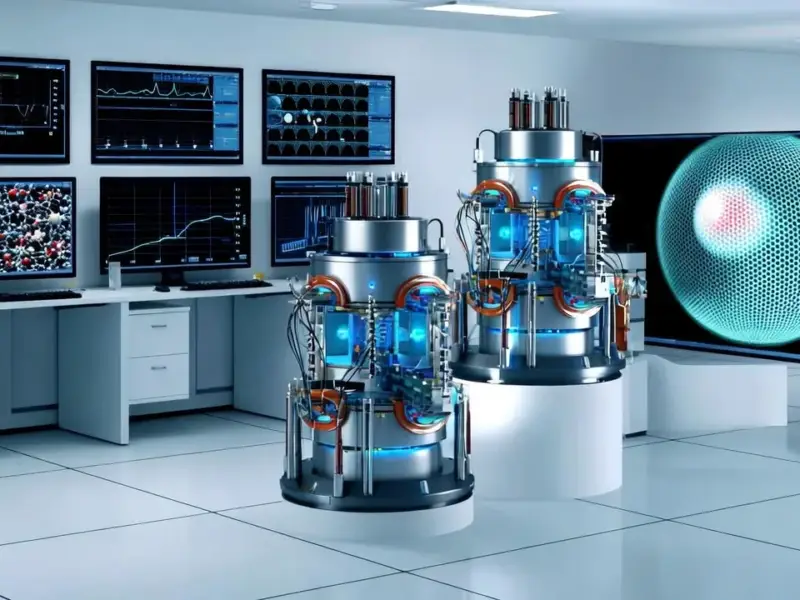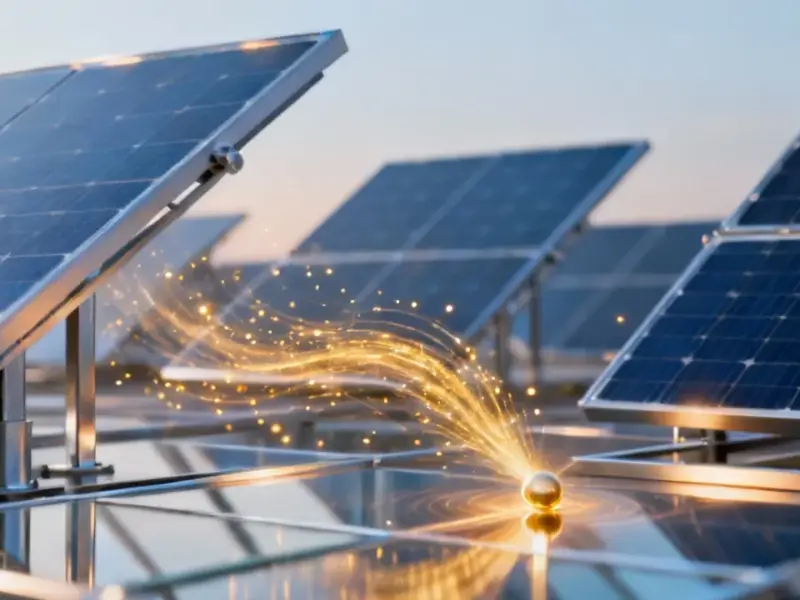Data center operators are increasingly turning to onsite power generation to meet AI’s massive electricity demands. Fuel cell technology reportedly offers the speed, reliability and efficiency needed for modern computational workloads while addressing sustainability concerns.
The AI Power Challenge
As artificial intelligence transforms industries, the massive computational workloads required are creating unprecedented demands for reliable, scalable electricity, according to industry analysis. Sources indicate that traditional power grids struggle to keep pace with AI’s dynamic energy requirements, prompting data center operators to explore alternative generation solutions.









